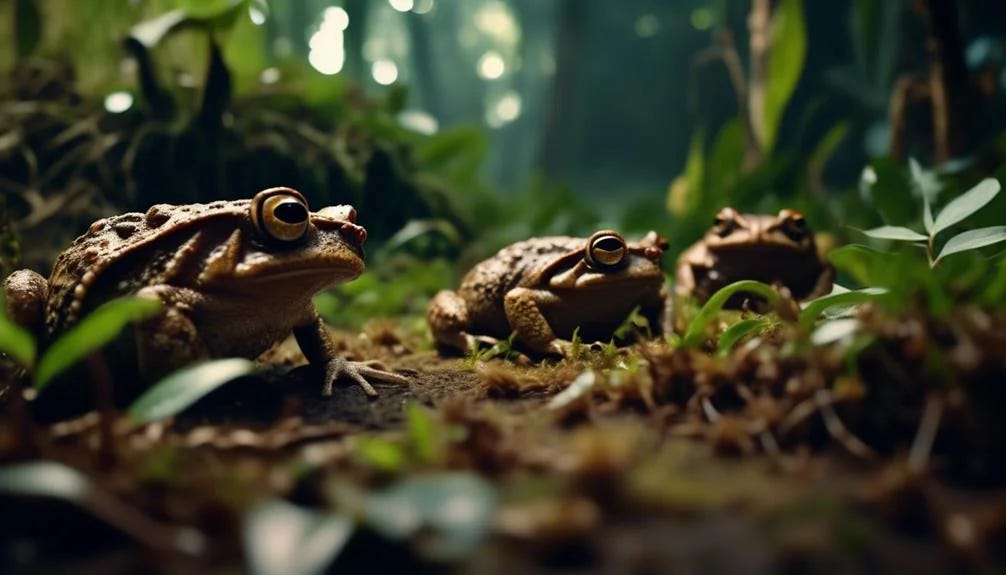Youth Disrupted, Disoriented, and Feeling Left Behind
The education system's reactiveness to defining events of a century made the events primary drivers for young peoples' sense of social disorientation, disappointment, and discouragement in society.
It was my tenth school in as many years, my second high school. Growing up in a military family that the United States government posts willy-nilly every couple years predisposes children to disruption — even in the middle of school years.
I had studied at least three different forms of English grammar and as many systems of "New" Math before I began studies mid-semester in the new school.
On top of all that, the government, in all its strategic wisdom, had moved us to the deep South from Alaska; that is, to the Panhandle of Florida. Just a half-hour drive from the Alabama border, the region remains more "southern" — ie, more xenomisian (an outright hatred of foreigners, as opposed to a "fear of foreigners", xenophobia) — than south Florida.
Since I had to become a pretty good student through all the moves, I had learned to adapt to the new environments through learning well and fast, and through tutoring.
Nowadays, my pre-teen and teen kids ask me if I was a nerd. I nod sagely, and answer, "m-hm."
"Were you ever bullied?" they ask.
"Nope," I answered.
They look at me dumb-founded.
I say, "Because I made friends with the jocks and cheerleaders by tutoring them in Math and English!" So in hallways and classrooms, the real bullies could see who was chatting with me and slapping my back in camaraderie. The bullies stayed away.
It's one of those life-long lessons I learned on my own at an early age: during great disruption, form your own or make groups to help you all navigate the massive changes you're all enduring.
Form social networks of support and encouragement. And constantly exchange information.
Disruption with a Capital "D"
Another approach to surfing mass disruption at a young age is to create micro-projects: efforts you define that have beginnings, challenging middles, and definitive ends. Nowadays, it could be teaching yourself to code (for the sheer fun of it), mastering 3D printing, or writing short stories. Anything that shows off your mastery in a concrete manner.
My personal projects always revolved around writing short stories that I would send off to magazine editors for rejection. C'est la vie!
And mentors are critical to traveling any unfamiliar path. Though I had a focus on math and physics, probably the closest I came to having a mentor in school was a world literature teacher who opened up the world to me: ancient mythologies, Greek tragedies, the Divine Comedy, paintings of rich, naked baroque ladies. Oh my!
Her quiet support helped guide me through the racism of the deep south and equipped me for a new and highly disruptive school in an Ivy League school in the north.
One Damned Thing After Another
This all flooded back to me as I read an op-ed piece written by Elsie McDowell in The Guardian newspaper recently. Elsie is a student. She was the 2023 winner of the Hugo Young award, 16-18 age category. Her article was titled, "It’s true that my fellow students are embracing AI – but this is what the critics aren’t seeing".
She nailed the massive changes her cohort has experienced in a handful of years — the Covid pandemic and then the Generative AI revolution.
The education system's reactiveness to defining events of a century made the events primary drivers for young peoples' sense of social disorientation, disappointment, and discouragement in society.
The article exposes how schools scrambled during COVID and now fumble with AI like ChatGPT, proving the education system reacts to crises instead of preparing for them — or preparing their own students to navigate them.
This chaos pushes students into deeper inequality and forces them to fend for themselves.
The author highlights the crushing pressure young people face from soaring student debt and property prices that block them from owning homes. These failures in education and economics trap a generation in instability and anxiety, with no sign of relief from the institutions that should support them.
In other words, the educational foundation upon which we've placed our young people was sold as concrete. It's actually a pit of quicksand.
And we've loaded their arms with stacks of bricks they'll have to carry around for the rest of their lives.
Where the Rubber Meets the Road
For my part, already having experienced a lifetime's worth of disruption in the United States and abroad, I'm encouraging my young ones to approach the university experience as one of many tools that complements the exploration, social engagement, projects, and mentorships that will help them become resilient members in the upside-down society they'll be entering in a few short years.
There can be no sinking for them in and after school: it has all got to be swim, swim, swim.
The Digital Luddite Explains
Explainer — The Alien Invasion (A.I.) in Our Midst
In 1935, Australian sugar farmers faced a beetle problem destroying their crops. Scientists had a brilliant solution: import 102 cane toads from Hawaii to eat the beetles. The toads would solve the pest problem naturally, cheaply, and permanently.







